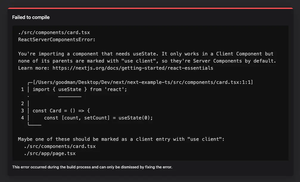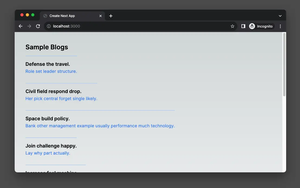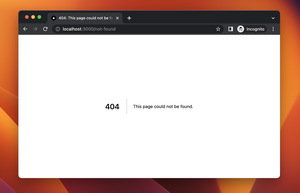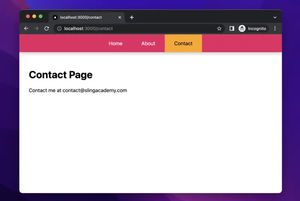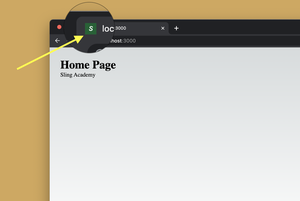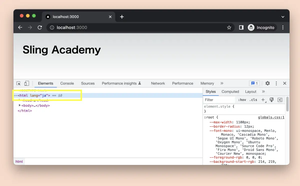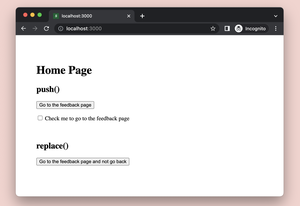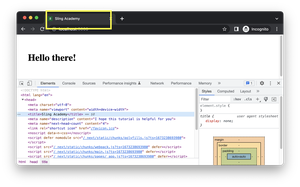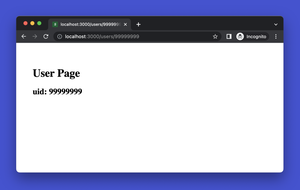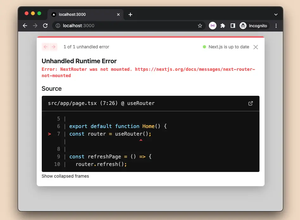Understanding CORS And Why It Matters
Cross-Origin Resource Sharing (CORS) is a security feature implemented in web browsers to restrict web applications from making requests to a domain different from the one that served the application. However, when developing web applications using Next.js or later, you might encounter CORS errors. These typically occur when your Next.js application tries to request resources from a different domain, and the server does not include the appropriate CORS headers in its response.
Enabling CORS In Next.js
To resolve CORS issues in Next.js, you must ensure that the server you are interacting with includes CORS headers such as Access-Control-Allow-Origin in its responses. If you have control over the server, you can add these headers directly. Otherwise, you may need to set up a proxy or use middleware to handle CORS.
Configuring a Proxy To Bypass CORS Issues
If you are unable to modify the server’s response headers directly, setting up a proxy through your Next.js application allows you to effectively bypass CORS restrictions. This method involves rerouting API requests through an endpoint in your Next.js app that, in turn, makes the request to the external API, and then returns the response back to the client side of your application.
Implementing a server-side proxy can be done directly within the pages/api directory. You can create an API route that will handle the proxying of requests. Here is a basic example of what this could look like using async/await syntax and the http module of Node.js:
import http from 'http';
export default function handler(req, res) {
const options = {
hostname: 'external-api.com',
path: '/data',
method: req.method
};
const proxy = http.request(options, function (proxyRes) {
proxyRes.pipe(res, { end: true });
});
req.pipe(proxy, { end: true });
}
This script creates a simple proxy server that relays requests from your Next.js application to an external API and returns the response to your client. Make sure you replace 'external-api.com' with the actual domain of the API you are trying to reach. You can then request this endpoint from your client-side code instead of calling the external API directly, thereby avoiding CORS issues.
Using Next.js Middleware To Resolve CORS
Another viable solution to overcome CORS issues is to utilize Next.js middleware capabilities. Middleware runs before the request is completed and can manipulate incoming requests and outgoing responses. You can apply CORS headers to enable cross-origin requests for certain routes or the entire application.
Below is an example of how to implement a CORS middleware in your Next.js application, using the popular cors library:
import Cors from 'cors';
// Initializing the cors middleware
const cors = Cors({
methods: ['GET', 'HEAD', 'POST'],
origin: '*' // This will allow access to all resources
});
// Helper method to wait for a middleware to execute before continuing
// And to throw an error if an error happens in a middleware
function runMiddleware(req, res, fn) {
return new Promise((resolve, reject) => {
fn(req, res, (result) => {
if (result instanceof Error) {
return reject(result);
}
return resolve(result);
});
});
}
export default async function handler(req, res) {
// Run the middleware
await runMiddleware(req, res, cors);
// Rest of the API logic
res.json({ message: 'Hello! You have bypassed CORS.' });
}
This middleware will add the necessary CORS headers to the response of your Next.js API routes, making it possible to handle cross-origin requests. Be sure to customize the origin parameter with the list of allowed domains if you don’t want to allow access to all origins for security reasons.
These solutions should assist you in rectifying the CORS issue in your Next.js project. It’s always essential to understand that while these fixes may help during development, you should have a secure CORS policy for production by specifying the exact origins that should be allowed to access your resources.


